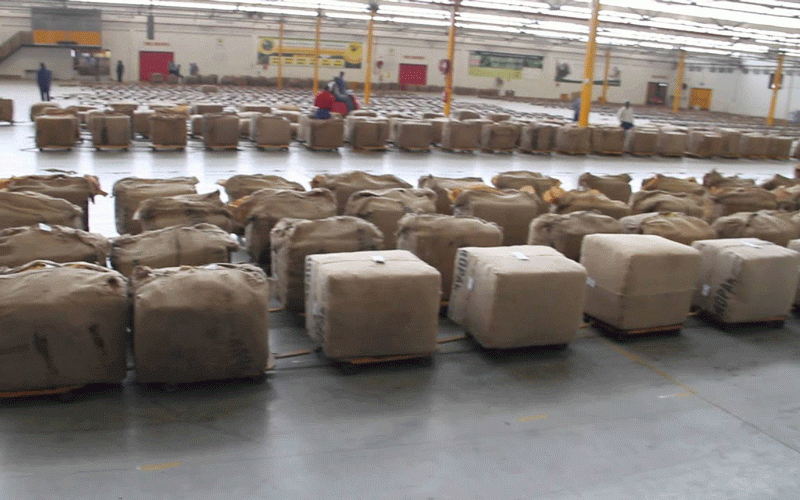
THE Tobacco Industry and Marketing Board (TIMB) is carrying out several sustainability programmes to ensure Zimbabwe's tobacco is produced ethically as it moves to its environmental impact, NewsDay Business can report.
These actions are in line with the Sustainable Tobacco Programme, an international initiative for tobacco merchants and industry players which provides a framework for driving industry-wide sustainability standards, according to TIMB’s acting chief executive officer Emmanuel Matsvaire.
This comes when sustainability has become a core issue across various industries in order to minimise the impacts of climate change.
Sustainability speaks to issues like curbing deforestation, ending child and forced labour while also ensuring the fair treatment of farm workers in tobacco production.
Matsvaire said the board was actively upholding sustainability by promoting the best agricultural practices, environmental management, social and human rights areas to improve socio-economic conditions for tobacco growers and their communities.
“In 2023, TIMB introduced the Agricultural Labour Practices Code and a new Contractors Compliance Administrative Framework which all registered tobacco contractors signed and are mandated to follow,” he said.
“These policies are the board's commitment to raising awareness and building capacity for a sustainable industry as per the TIMB’s vision, Towards Sustainable Tobacco Production, enhanced marketing systems and improved livelihoods in Zimbabwe by 2025.”
Starting this new season, Matsvaire revealed that tobacco contractors were providing growers with tree seedlings to establish woodlots, coal or wood from sustainable woodlots for tobacco curing.
- Mavhunga puts DeMbare into Chibuku quarterfinals
- Bulls to charge into Zimbabwe gold stocks
- Ndiraya concerned as goals dry up
- Letters: How solar power is transforming African farms
Keep Reading
The move, he said, reduced the pressure on natural forests allowing them to recover.
“The list of hazardous tasks for children constituting child labour has since been published, contractors are monitoring the school attendance of their contracted farmers' children while TIMB is monitoring the compliance of independent growers through a mobile-based monitoring system,” Matsvaire said.
“This system is then guiding the development of a broader reporting platform for Agricultural Labour Practises compliance by all contractors and their growers.”
He added that the board had, to date, conducted over 50 sustainability field days and empowerment-based training for farmers, extension workers, trainers and farm workers in all tobacco-growing regions to raise awareness and build capacity.
“Additionally, tobacco growers are encouraged to adopt sound business practices, including tracking labour costs,” Matsvaire said.
“By promoting sustainability, TIMB aims to improve workplace safety, health conditions, environmental conservation and income for farm workers. This ultimately contributes to positive economic growth and improved livelihoods for tobacco growers and their communities.”
Tobacco remains Zimbabwe's top exported crop.










